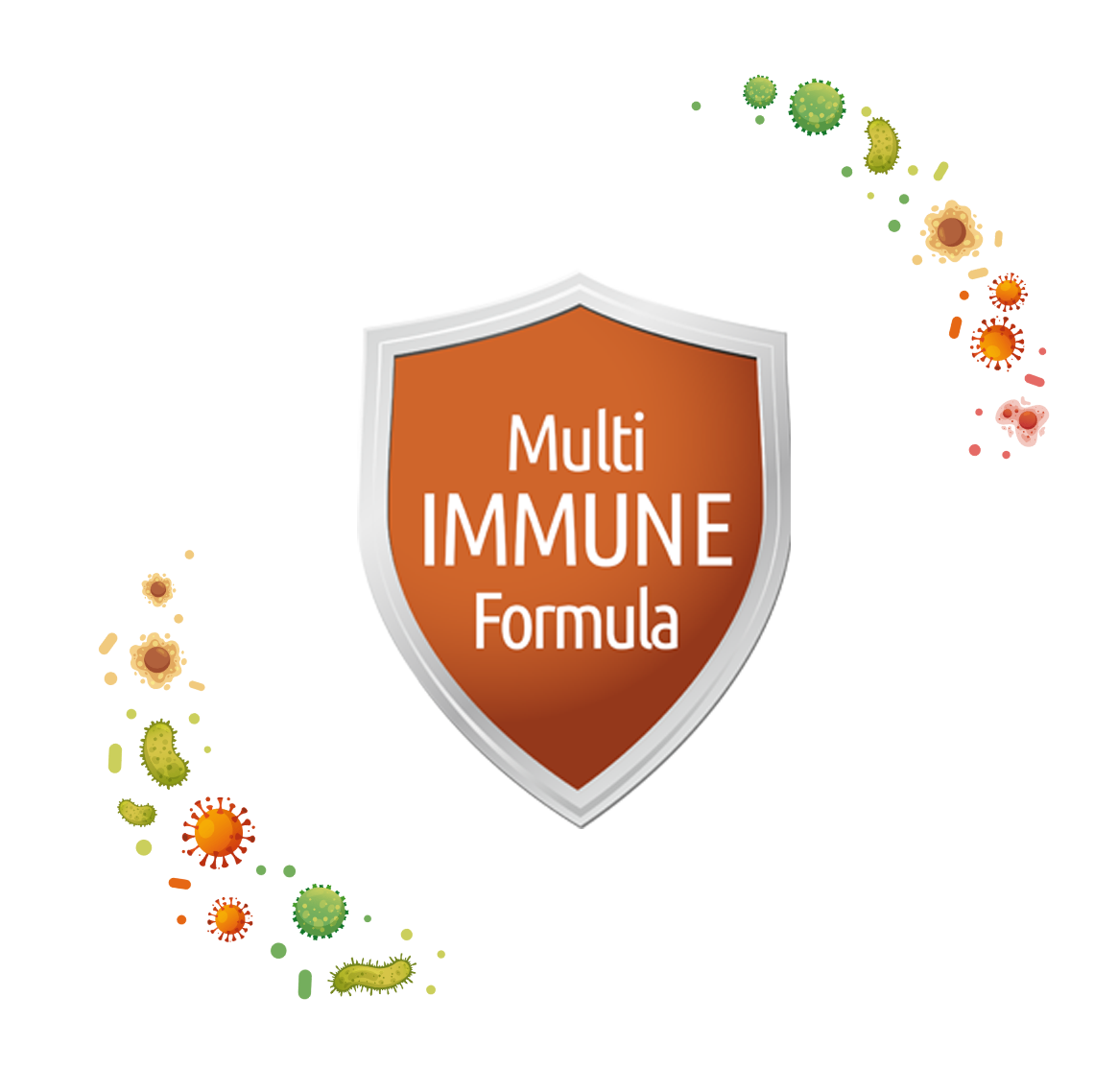Our immune system is made up of unspecific (innate) and specific (acquired) immune defenses. These two systems work together and complement each other in the defense against foreign substances. The innate defense in particular has a broad effectiveness against pathogens - and yet: In order to prevent the spread of germs, the specific system also steps in. It specializes in certain "intruders" and also has an unbeatable ace up its sleeve: the lymphocytes, a subgroup of the white blood cells, can fight the pathogens in a targeted manner if they have already had contact with them. They “learn” from the attacks on the body and form specific antibodies[2].
The essential role that the immune system plays for humans is undeniable. The complex mechanism works around the clock to not only protect the body from bacteria or viruses, but also to ward off parasites, fungi and harmful particles[3].

